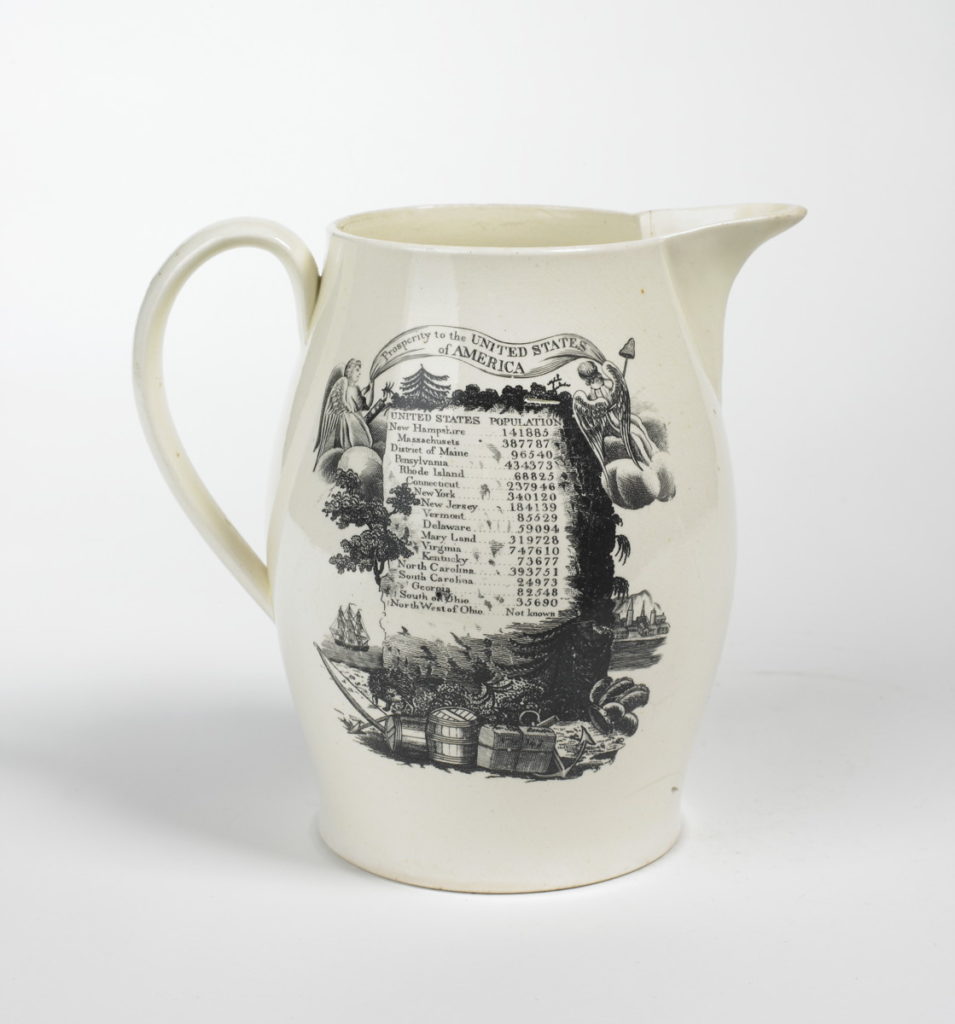Are you interested in how environmental or social contexts affect women’s and children’s health and behavior? IPUMS-DHS now makes it easy to investigate such questions. Using GPS coordinates, we’ve linked contextual variables drawn from many data sources directly to individual DHS respondent records. All context variables describe the features of a small geographic area (5-10 kilometers) surrounding each DHS cluster location.
By doing the technical stuff for you, we’ve freed you up to focus on your important substantive questions—like how climate change influences human health and survival. Our innovation eliminates the need for you to buy or learn geographic software. Even if you’re an ARCGIS whiz, the new IPUMS DHS’ linked data will make your research process simpler and faster.
What new data are available?


